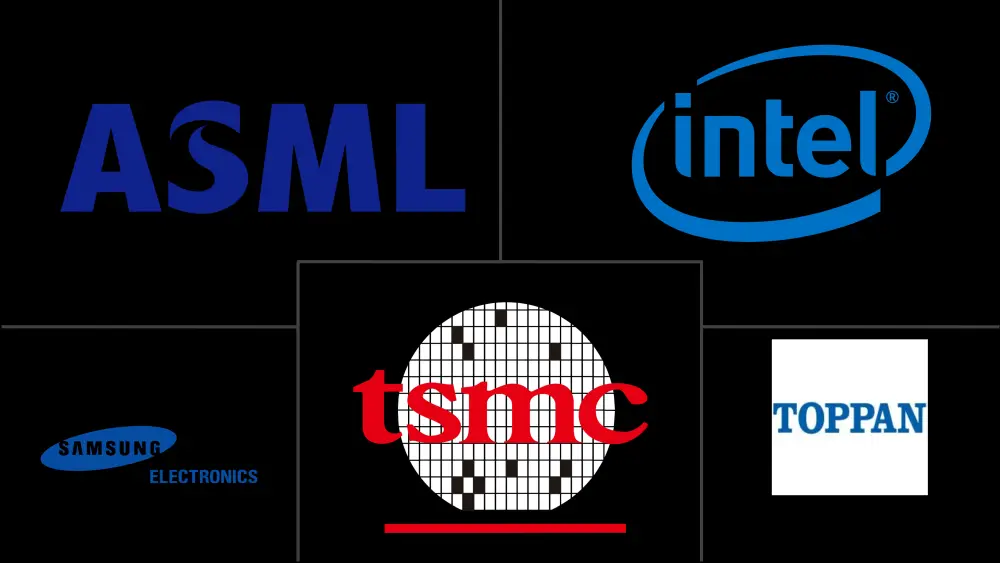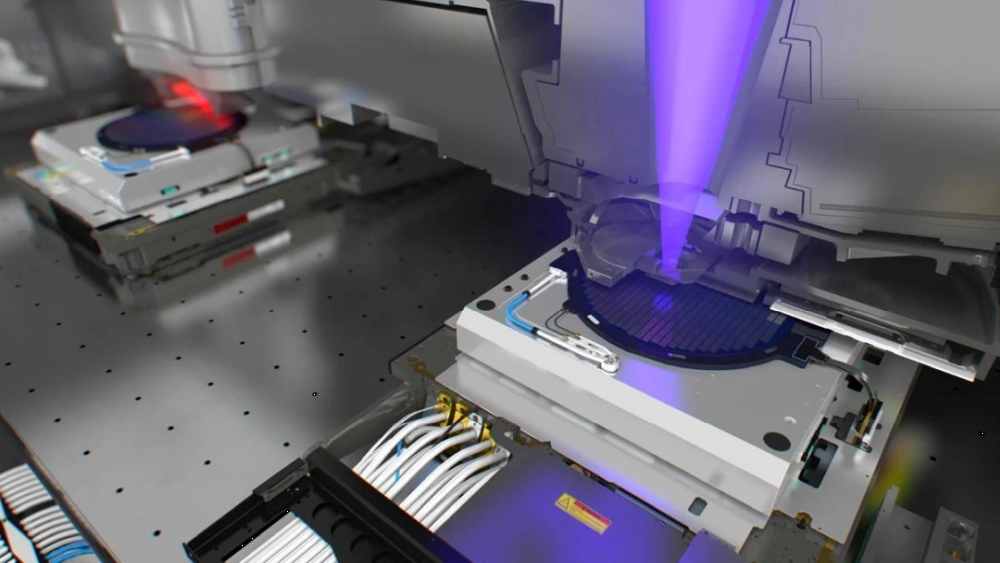ASML, a company based in a small Dutch town, holds a monopoly on extreme ultraviolet lithography (EUV), the critical technology behind the most advanced computer chips. Despite China investing $41 billion to replicate its technology, it has failed, leaving ASML as the only supplier capable of enabling the next generation of AI, military systems, and global computing.

EUV lithography allows chipmakers to etch nanometer-scale features onto silicon wafers using extreme ultraviolet light. ASML’s EUV machines are extraordinarily complex, with over 100,000 components, mirrors that can be distorted by a single atom, and a light source generated by tiny plasma explosions occurring 50,000 times per second. This technology has extended Moore’s Law, enabling transistors that are now the size of DNA strands.

China has struggled to replicate ASML’s EUV technology due to patent protections and an irreplaceable supply chain. The company’s machines rely on specialized components from a global network of suppliers, including Zeiss in Germany for ultra-precise mirrors and Cymer in the US for high-powered lasers. Without these contributions, no competitor can come close to matching ASML’s cutting-edge capabilities.

This technological dominance has positioned ASML at the center of the US-China tech war, as every major semiconductor manufacturer, from TSMC to Intel, depends on its machines. The company’s control over chip-making advancements makes it one of the most influential players in modern technology, shaping the future of artificial intelligence, defense systems, and computing as a whole.

#ASML #Technology #Semiconductors #EUV #AI #MooresLaw #China #USChinaTechWar
